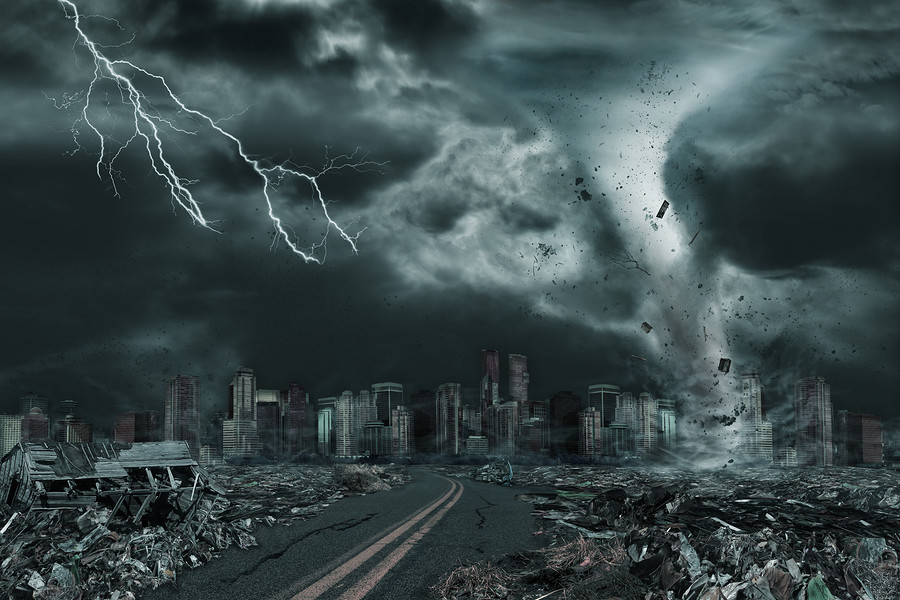Australia is prone to sudden cyclones and storms which can pose the serious and fatal risk to people. They have the capability to damage cars and even houses. In Australia, usually Queensland and Northern Territories are affected by cyclones.
It is recorded that Queensland is affected on average of 4.7 cyclones, big and small each year. In case of Northern Territory, Cyclone Tracy caused massive destruction in Darwin that came in Christmas Eve 1974.
Cyclones are the formation of wind that rotates inwards creating the big whirlpool and travels in a very high speed. Cyclones are usually categorised under the scale of 1 to 5, 1 being less destructive and 5 being fatal.
They can travel in a very high speed, often more than 280 km/hr. It is very essential to be well prepared for the cyclones and storms because during emergencies, it is of high risk to go out from your house or shelter.
Generally, when there are chances of cyclones, a warning is issued and the responsible authority or council will provide the direction of the event and its progress. It’s always better to have precautions than facing the consequences.
Whenever we are given cyclone warning notice by authorities, it is important to remain calm and follow the given instructions.
The best possible ways to minimise the cyclone threat
- Keep a stock of water which last at least for 48 hours.
- Reserve some tin foods and biscuits.
- Keep torch lights and extra batteries.
- Secure your house windows with wooden pallets and tapes.
- Bring all you pets inside the house and close all the doors.
- Stay tuned to radio as instructed by the authorities
- Disconnect all the electrical appliances and make sure you have got the safety kit with you.
When cyclones hits
- Remain inside the house.
- If the cyclone is breaking down the house, make sure to hold on to something that is strong like bed or hide under the table.
- Always be aware of the fact that cyclone drops down and resumes again, the effect of the middle of cyclone.
- In case of being outside the house, find a secure place to hide from the rain and storm.
- Do not stand under the tree or electrical poles.
- Wait for the instructions and only get out from the safe zone.
Post Cyclone
- Remain inside until the full clearance from the authorities is given.
- Check if your families are safe.
- Do not operate any electrical equipment and do not drink tap water.
- If you need to evacuate and need rescue, go to top of your house or any place higher from where you can signal.
- Listen to the news if possible.
- If you are safe, try to see if your neighbours need assistance.
It is necessary to be well prepared for the uncertain natural calamities, if you are living in the risk areas. It is always better to be safe than sorry.

